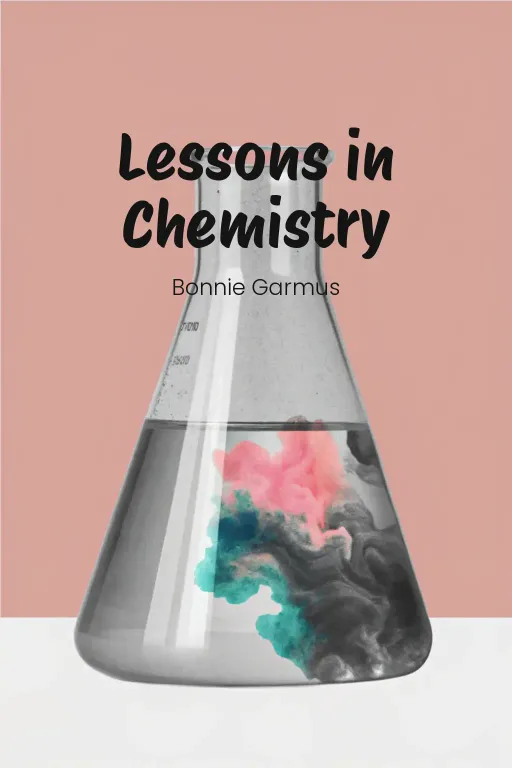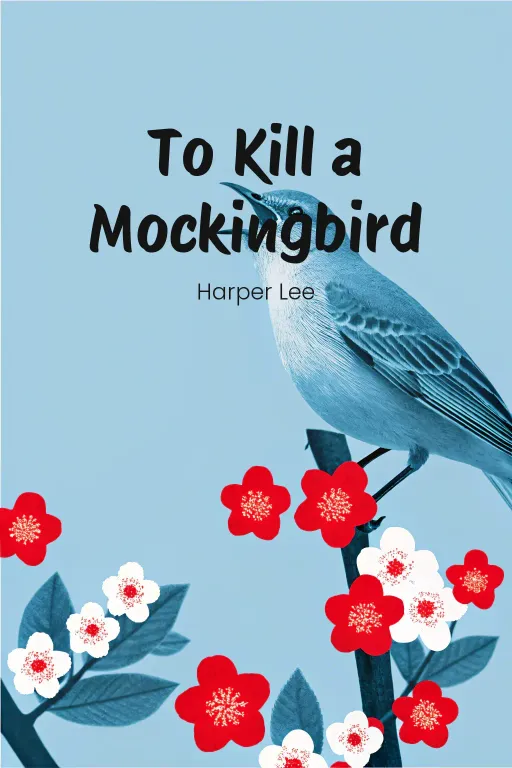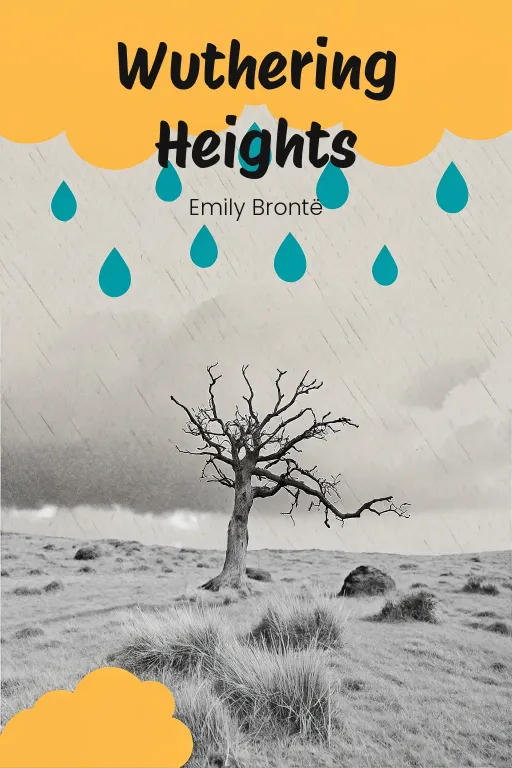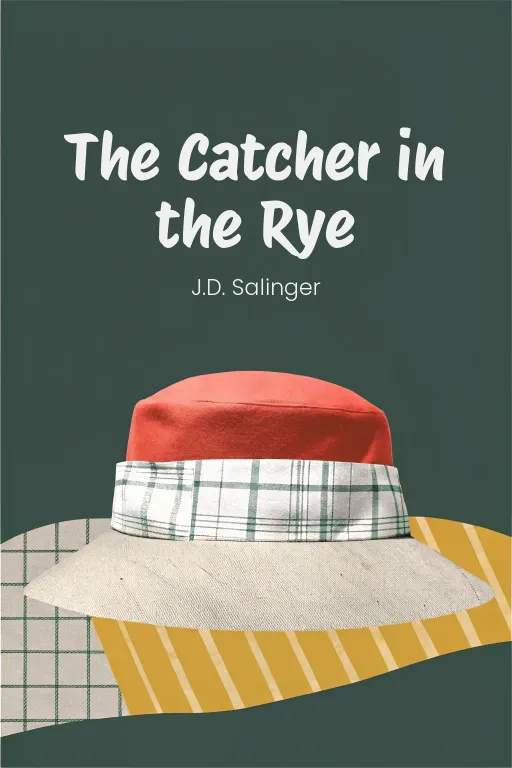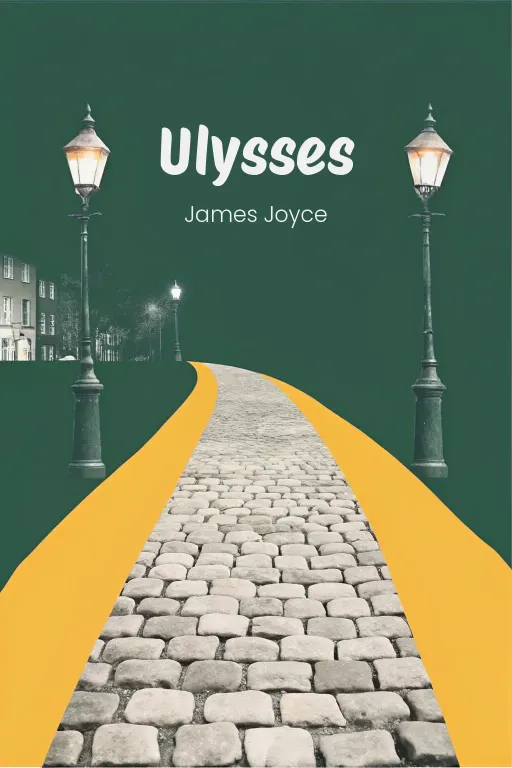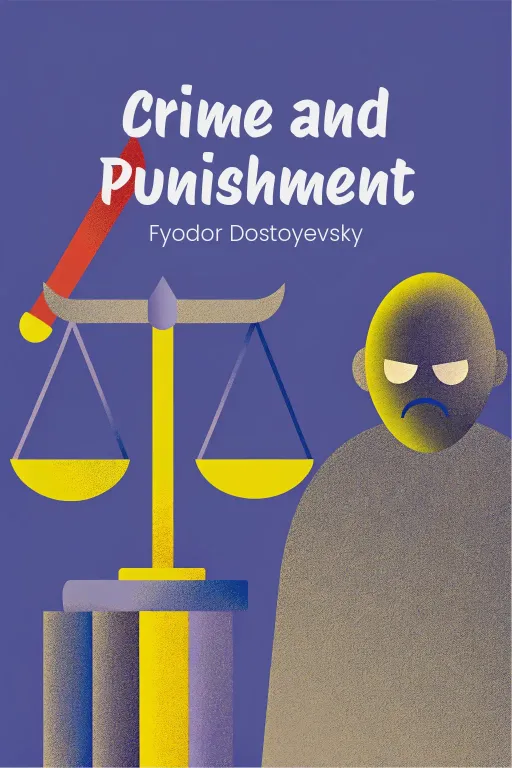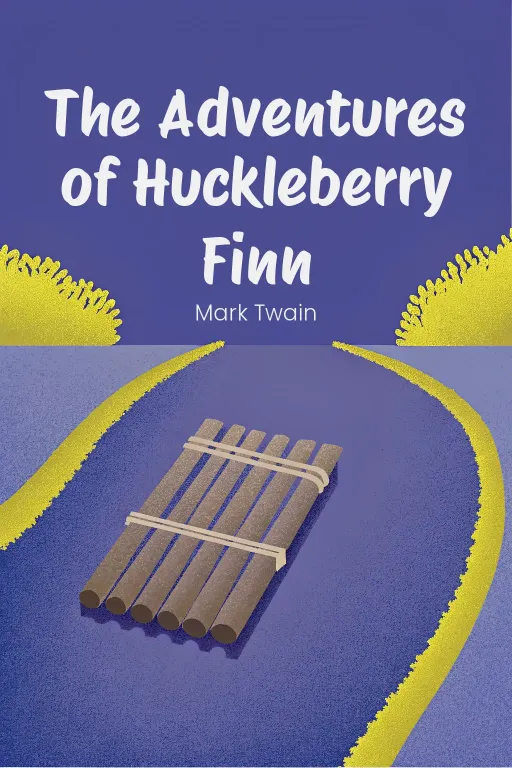
Soul-Scrolling: Find Yourself in the Noise
Podcast by Timeless Pages with Shakespeare and Austen
Soul-Scrolling: Find Yourself in the Noise
Austen: "History," Stephen Dedalus famously remarks, "is a nightmare from which I am trying to awake." Welcome, dear listeners, to Timeless Pages. I am Jane Austen, and today we delve into James Joyce’s formidable novel, Ulysses. Austen: In essence, Ulysses chronicles the events of a single Dublin day: June 16th, 1904. We follow the paths, and the intimate thoughts, of several characters. Our main companions are the thoughtful advertising seller Leopold Bloom, the intense young artist Stephen Dedalus, and Bloom’s wife, Molly. Through their eyes, using a revolutionary 'stream of consciousness' style, Joyce paints a vivid picture of ordinary life and the inner workings of the human mind during one seemingly unremarkable day in the city. Austen: At its heart, Ulysses explores the profound search for identity and connection in the modern world. Mr. Bloom, an outsider due to his Jewish heritage in Catholic Dublin, wanders the city, his mind a swirl of observations, anxieties, and quiet decencies. Young Stephen Dedalus, whom we met in Joyce's earlier work, grapples with artistic ambition, grief for his mother, and religious doubt, feeling lost. Their eventual, brief meeting underscores this deep human yearning for understanding. Joyce sets this against early 20th-century Ireland, brimming with political tension and cultural nationalism. This historical context amplifies their personal quests, showing how society shapes our sense of self. Does this not resonate today? In our own age of digital echo chambers and rapid change, many feel adrift, much like Bloom and Stephen, searching for authentic connection amidst overwhelming noise. Austen: Why does this notoriously challenging novel remain a classic? One might compare it, however loosely, to my own modest efforts. Where I focused on the nuances of social interaction and finding one's place within society, Mr. Joyce dissects the inner life with an almost overwhelming intimacy. He turns the mundane details of a single day into an epic journey through the mind. Where I use irony and dialogue to reveal character, Joyce plunges us directly into the stream of consciousness itself. Yet, both our works, in vastly different styles, explore the intricate dance between the individual and their world. Perhaps Ulysses feels so relevant because its very structure—that fragmented, associative, tumbling stream of thoughts—eerily predicts the mental landscape of our digital age, like endlessly scrolling through the complex feed of a human soul. Austen: Though the journey through Bloom's Dublin day is vast, it reminds us that even ordinary lives contain multitudes. Until next time, I remain Jane Austen, for Timeless Pages.
